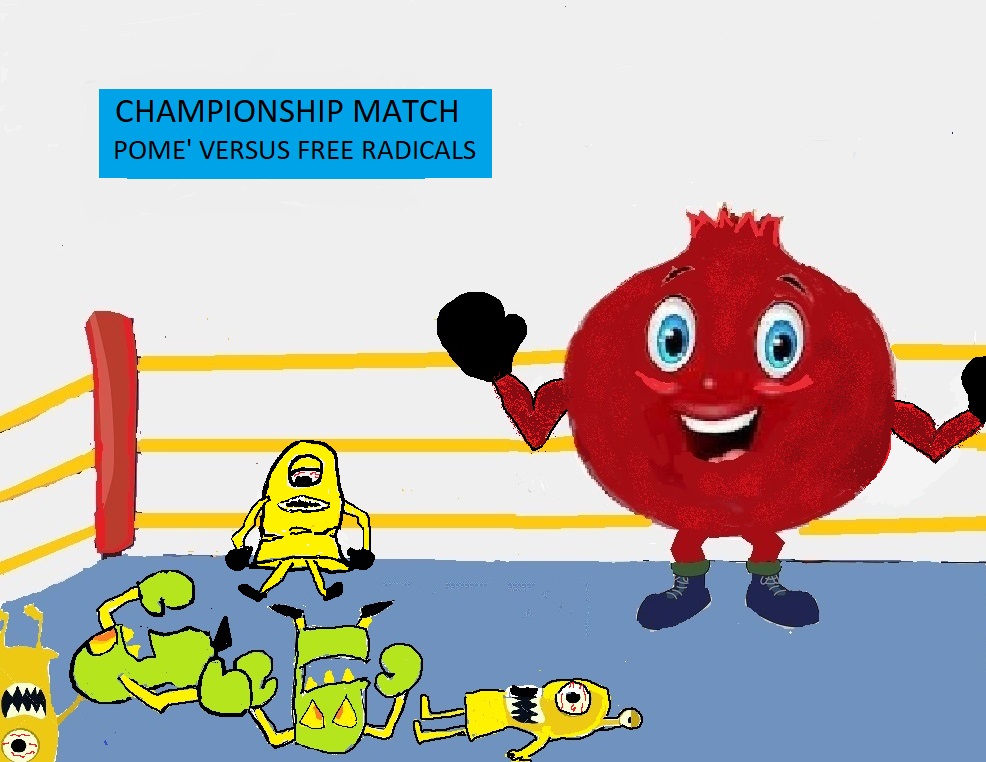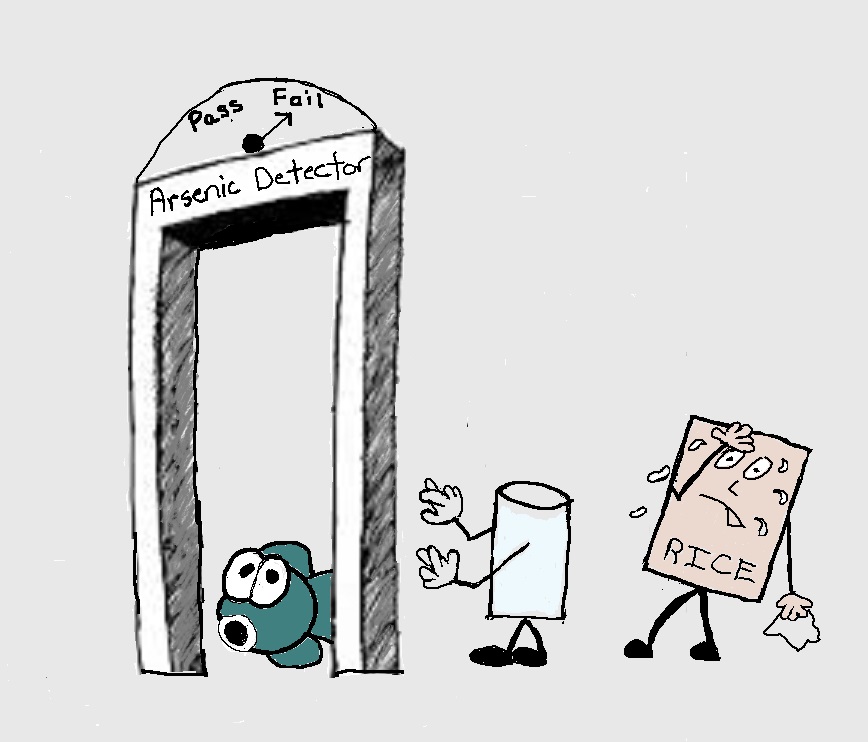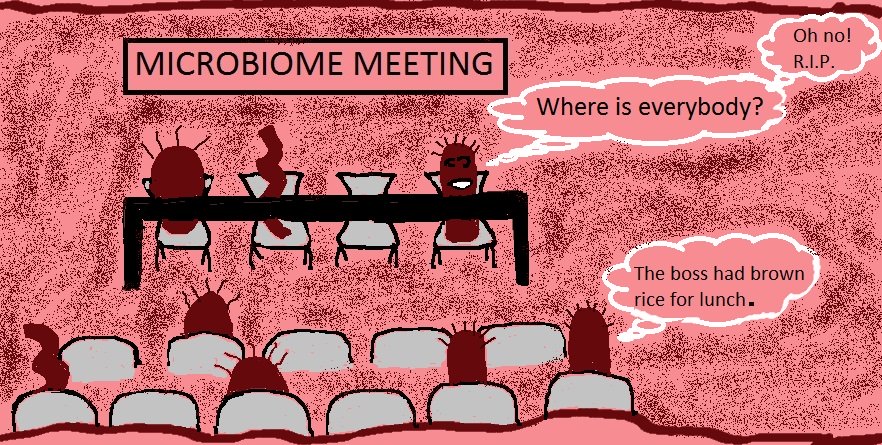How To Improve Your Immune System
Want to know how to improve your immune system? This complex network of focused tissues, cells, organs, proteins, and chemicals is vital to your good health. Unfortunately, it can be damaged a variety of ways.
Ways Your Immune System Becomes Damaged
Everything from aging to poor diet and gut health can impact how your immune system functions. And, so can your exposure to many toxic chemicals.
And while
you can’t do anything about some of the causes of immune system damage, like getting
older, you can do something about toxic chemical exposure, poor diet and gut
health.
Toxic Chemicals
Researchers have proven that the following Endocrine Disrupting Chemicals (EDCs) affect the development, functions, and lifespan of your immune cells (monocytes, neutrophils, mast cells, eosinophils, lymphocytes, dendritic cells, and natural killers).
Bisphenols like BPA, found in polycarbonate plastics, toys, epoxy resins used to line metal cans, water pipes, drinking containers.
Phthalates, like diethyl phthalate (DEP), di-(2-ethylhexyl) phthalate (DEHP) and diisononyl phthalate (DINP) found in personal care products and cosmetics and polyvinyl chloride (PVC) plastics.
Triclosan, an antimicrobial and preservative added to hand soaps, laundry detergents, toothpastes, wound disinfection solutions, deodorants, facial tissues, plastic kitchen utensils, medical devices, and toys.
Phenols like nonylphenol (NP), octylphenol (OP) and diisononylphenol (DiP) found in Detergents, paints, pesticides, personal care products, and plastics.
Parabens like methylparaben, ethylparaben, propylparaben and butylparaben found in food, cosmetics, personal care products and pharmaceutical preservatives.
Gut Health
Your gut health also impacts your immune system. Your gut bacteria play a major role in the production of vitamins, enzymes, and other compounds that digest and metabolize food and regulate your immune system.
And many things can impact your gut health. And by that I mean reduce the number and diversity of different gut bacteria, and the ratios of the different types.
For example, your gut health, like soooooo many other things, declines as you get older. It becomes less efficient at protecting you from inflammation and its immune functions decline.
Ingesting toxic chemicals can also mess with your gut health by changing your gut microbiome. This is the trillions of microorganisms that live in your esophagus, stomach, small and large intestine
Toxic chemicals shown to change your microbiome include arsenic, found in high levels in brown rice, brown rice products and drinking water and the pesticides Chloripyrifos, Diazinon and Glyphosate. Mercury, nanoparticles like nanosilver, and antibacterial products like triclosan also damage your gut.
Poor Diet
What you eat can impact your immune system in several different ways. For example, a poor diet often lacks antioxidant rich foods.
That’s a problem because your immune system is extremely vulnerable to oxidant and antioxidant balance. Uncontrolled free radical production can impair its function and defense mechanism.
A typical Western Diet is high in animal fat, sugar, processed foods and protein and low in plant antioxidants. This type of diet both increases free radicals and doesn’t provide your body with the antioxidants it needs to fight free radicals.
Another way a poor diet damages your immune system is by messing with your gut health. Food additives like Polysorbate 80 (P-80), Carboxymethylcellulose (CMC), Glycerol Monolaureate (GML), have all been reported to disturb the bacteria normally present in your gut.
Plus, eating nonorganic produce exposes you to pesticide residues like glyphosate and chloripyrifos that can increase free radical production and change your gut bacteria.
Bottom Line
- Endocrine Disrupting Chemicals (EDCs) affect the development, functions, and lifespan of your immune cells.
- Toxic chemical exposure and diet can change your gut microbiome.
- Your gut health is essential to your immune system health.
- Toxic chemical exposure and a poor diet increase free radical production.
- Free radical production also damages your immune system and your gut.
How To Improve Your Immune System
Unfortunately, you can’t do anything about getting older. But you can improve your immune system by reducing your exposure to the toxic chemicals that impact how it functions.
You’ll find lots of info on this website about reducing your exposure to the endocrine disrupting chemicals that impair your immune system. And the pesticides, arsenic and antibacterial chemicals that mess with your gut bacteria.
Your immune boosting efforts should also include improving your diet. Improving your diet means eating antioxidant rich foods.
That means a diet full of veggies, fruits, nuts, seeds and whole grains. As an added bonus, this type of diet will also improve your gut health.
Fruits that are high in antioxidants include black grape, blueberry, red apple, red currant, strawberry and sour cherry. Red cabbage, red beets and red peppers, spinach, rocket salad, cress, garlic and mint are high antioxidant veggies.
Spices like clove, peppermint, ginger and beverages like Red Wine, Pomegranate Juice, and Green Tea are also great choices.
These superfoods (researchers call them functional foods) improve your immune system because of their antioxidant ability. They will help your body fight and reduce free radical damage to your immune system.
Many antioxidant rich foods also boost and support how your immune system functions. Honey is a good example.
And these foods don’t just protect and boost your immune system. They also protect you from chronic inflammation, cancer, fatty liver disease and metabolic disorders like diabetes.
Also, a number of studies have established the benefits of probiotics for gut health. Probiotics support your gut diversity and help balance your good and bad bacteria maintain your gut barrier and immune functions.
So, add probiotic-rich foods to your diet, like live-culture yogurt, sauerkraut, dark chocolate, miso soup, pickles and tempe.
The Mediterranean Diet is a good example of a high antioxidant diet, gut beneficial diet. And there’s a huge amount of research that suggests this is the best diet for overall health.
I eat a modified Mediterranean Diet. My version includes lots of organic produce, very little fish and no red or processed meat.
How To Boost Your Immune System During a Pandemic
During this pandemic, protect yourself and others by following CDC guidelines. You can also protect yourself by keeping your immune system strong.
But, figuring out how to improve your immune system right now is challenging. You can’t, or at least shouldn’t, run to the grocery store every couple of days to buy antioxidant rich fresh produce.
But it's never been more important to boost your immune system. Luckily, there are some great alternatives to fresh produce.
Here are my tips.
- Fill your freezer with frozen fruits and veggies. They are
just as nutritious as fresh produce. And frozen wild blueberries are an
excellent antioxidant option. (Because of BPA and high sodium levels don’t
eat rely on canned food).
- Stock up on dehydrated fruits, veggies and beans. Harmony House has a great variety of dehydrated foods. In fact, they just started offering organic dehydrated veggies!
- Grow your own microgreens. These tiny powerhouses of antioxidants like anthocyanins and flavonoids are easy and cheap to grow. This article will tell you how.
- Add powdered organic fruits and vegetables to your diet. In the past several months they've been my immune boosting secret weapons.
Here are a few examples of excellent immune improving foods that I've increased in my diet during this difficult time:
Wild blueberries (frozen) or dried organic blueberries and powder
Elderberry - powdered
Garlic – especially black and aged garlic
Ginger – it doesn’t have to be fresh, the drying process increases antioxidants in ginger
Raw honey – raw because exposure to heat reduces antioxidant benefits
Pomegranate – powdered or juice
The Powders I Use
Using Dehydrated Vegetables and Beans
When cooking with dehydrated foods follow the package directions. You can reduce cooking time by soaking beans and vegetables in water to rehydrate.
My trick for making insta-veggie soup is to first grind the dehydrated ingredients in a coffee grinder or food processor. I place the dehydrated flakes (2 tablespoons of veggies and 1 tablespoon of beans) in a mug with a tight fitting lid.
Then I add seasonings and 1 teaspoon of a good vegetable broth powder plus a cup of boiling water. Steep for at least 5 minutes and voila- instant veggie/bean soup.
You can make a heartier meal by adding 1/2 cup of couscous (plus 1/2 cup of water), angel hair pasta broken into small pieces, potato flakes or cooked grains like quinoa and farro.
Using Microgreens
Adding these tiny, nutrient packed plants to your diet is soooo easy. You can throw them on salads and in smoothies.
Add them to sandwiches, and stir fries and use them in your favorite pasta dishes. Garnish your soups with them. Top cooked pizzas and potato dishes with them.
I use them a lot to top the grain bowls and bean salad recipes I concoct. And while raw is always better, I also use them in egg white fritatas.
Using Powders
With powders it's easy to figure out how to boost your immune system. First thing that comes to mind are smoothies.
But I'm not a big smoothie fan. Typically, too many calories and too much sugar. And I hate cleaning blenders.
For my veggie antioxidants I mix 4 oz of organic low sodium veggie juice mixed with a rounded teaspoon of kale and beet juice powder. For an added immune system boost add 1 tsp of minced or powdered garlic.
For a fruit antioxidant boost, I add a rounded teaspoon of pomegranate or elderberry and blueberry powder to ½ cup of yogurt or coconut milk.
I also try and drink a couple of cups of Green tea with grated or powdered ginger, raw honey and lemon every day. Adding lemon is important because vitamin C promotes the absorption and utilization of antioxidants in green tea five times more when compared to green tea consumed alone.












